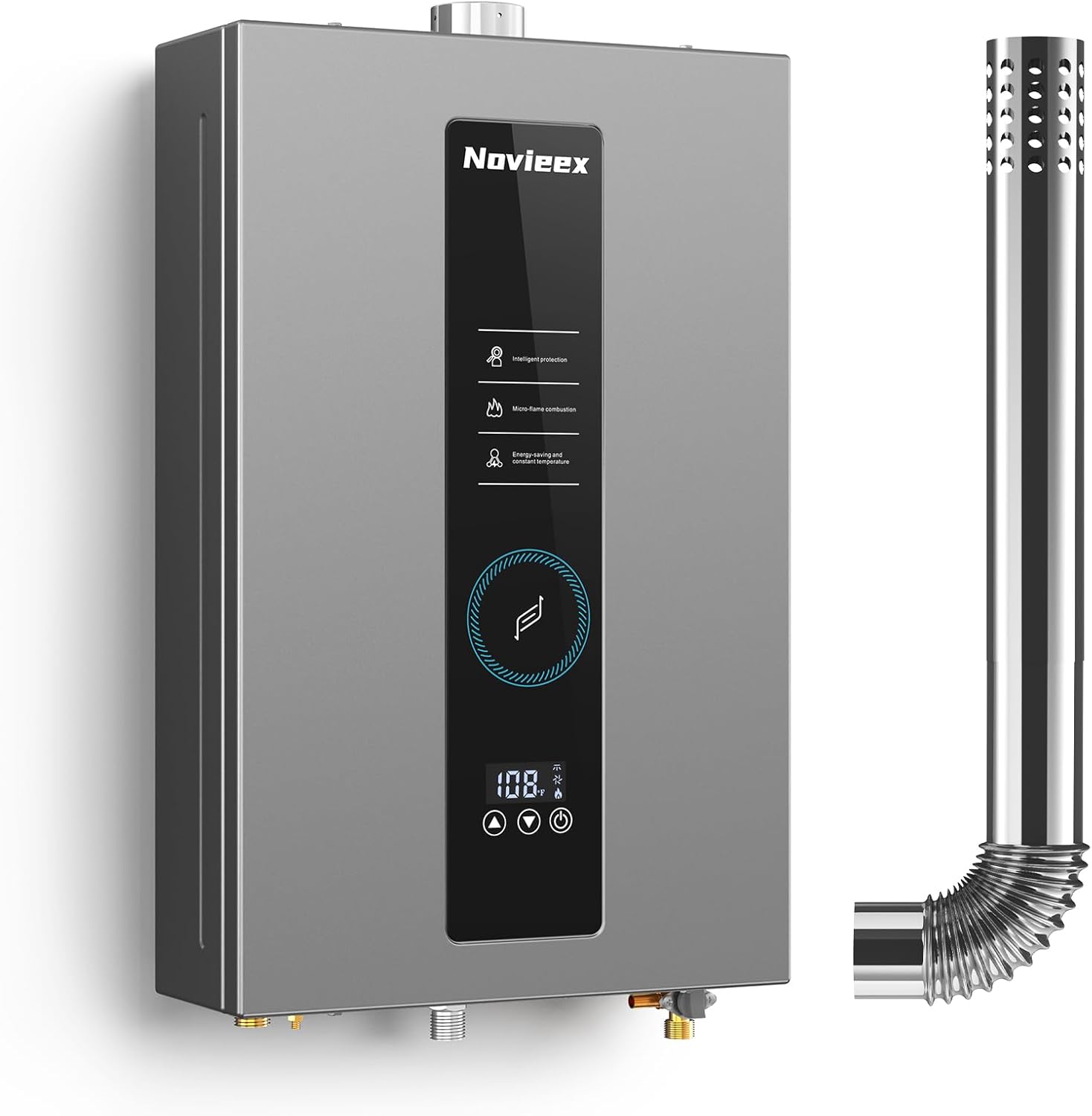The most energy-efficient space heaters are typically infrared heaters, as they directly warm objects and people rather than the air, reducing energy waste.
Choosing the right space heater can cut energy costs while keeping you warm. Infrared and ceramic models lead in efficiency, but other factors like room size and safety matter too. This guide compares all types to help you pick the best option.

How Space Heaters Compare for Efficiency
Not all heaters use energy the same way. Some work better for quick warmth while others maintain heat longer. Here’s how the main types stack up:
Infrared Heaters
These emit invisible light waves that warm objects directly. No energy gets wasted heating empty air space. Infrared works best when you stay in one spot like a desk or couch.
- Heats people/objects, not air
- Instant warmth with no fan noise
- Uses 30-40% less power than convection
Ceramic Heaters
Ceramic plates heat up quickly while aluminum fins disperse warmth. Built-in fans spread heat faster than oil-filled models.
- Fast heating for small-medium rooms
- Auto-shutoff prevents overheating
- More efficient than older coil heaters
Oil-Filled Radiators
These work like old steam radiators but use electricity to heat sealed oil. The oil retains heat well after turning off.
- Silent operation – no fans
- Good for all-night bedroom use
- Takes longer to warm up initially
Key Features for Maximum Efficiency
Beyond heater type, these features impact energy use:
| Feature | Benefit |
|---|---|
| Programmable thermostat | Maintains exact temperature without waste |
| Eco mode | Automatically adjusts output to save power |
| Timer function | Turns off when not needed |
| Tip-over switch | Safety feature that prevents fires |
Matching Heater Size to Your Space
An oversized heater wastes energy while undersized units run constantly. Follow this sizing guide:
- Small rooms (100 sq ft): 750-1000W
- Medium rooms (150 sq ft): 1000-1500W
- Large rooms (250+ sq ft): 1500W+
For whole-house heating, consider a built-in gas heater instead of multiple space heaters.
Safety Considerations
Space heaters cause over 1,700 fires yearly according to the U.S. Department of Energy. Follow these precautions:
Placement Tips
- Keep 3 feet from furniture/bedding
- Place on hard, level surfaces only
- Avoid high-traffic areas
Smart Usage
- Never leave unattended while sleeping
- Plug directly into wall outlets
- Check cords for damage regularly
For outdoor areas, a propane patio heater may be safer than electric models exposed to weather.
Advanced Options for Maximum Savings
New technologies take efficiency further:
Smart Heaters
WiFi-enabled models like the app-controlled space heater let you adjust settings remotely and track energy use.
Micathermic Panels
These combine convection and radiant heat with thin, lightweight designs that warm up fast.
Thermal Storage Units
Some ceramic heaters store heat in special bricks during off-peak hours, releasing it when needed.
Maintenance for Peak Performance
Keep your heater working efficiently with simple care:
- Clean dust from vents monthly
- Inspect cords and plugs regularly
- Replace filters in fan-equipped models
- Store properly during off-seasons

